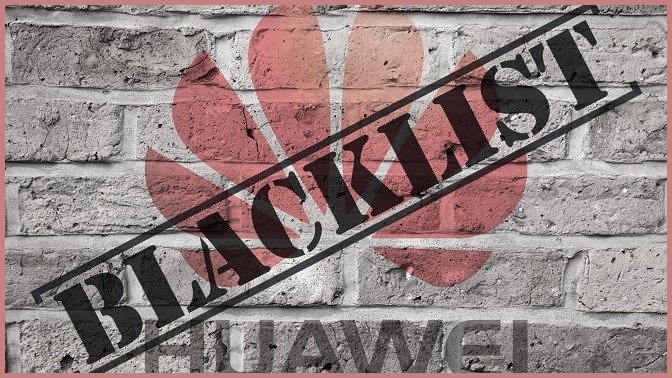Four mobile carriers in Britain and Japan have announced they will delay the release of Huawei 5G handsets.
Britain’s EE and Vodafone said they would hold off on launching Huawei’s 5G phones citing “uncertainty” and a need for “long-term security” that their customers are "going to be supported".
EE also said it would begin removing Huawei equipment from its infrastructure.
The decision for Vodafone to suspend pre-orders of Huawei’s 5G devices came less than two weeks after it announced it would activate its 5G network in July.
Two of Japan’s biggest telcos, KDDI and Softbank Corp, have also halted their release of the Huawei handsets.
Softbank was set to release a Huawei phone this week but wanted to ensure that its companies could use the device “with a sense of safety".
US president Donald Trump declared a national emergency this month over threats to national security and US technology.
He also signed an executive order to affect a ban on Huawei sales to US companies, but the Bureau of Industry and Security has since issued a 90-day reprieve before the ban fully takes place.
Global assault on Huawei
The UK and Japanese telcos are the latest to distance themselves from Huawei.
Google cut Huawei from its Android operating system last week, creating doubt over continued service to the Chinese-made phones.
Other firms including Intel, Panasonic, and Toshiba have also reportedly said they will comply with the ban.
Last year, US intelligence agencies warned against consumers buying products from Chinese companies Huawei and ZTE.
Huawei is the world’s third largest smartphone vendor but faces a massive loss in its market share if the blacklist continues.
5G tech war
Although Huawei has received the brunt of trade tensions between China and the US, 5G technology is proving to be an important battleground between former Cold War foes.
The New York Times recently reported a rise in the spread of misinformation about the US 5G rollout in a form of “information warfare” designed to slow down 5G in the US by discouraging the population’s support for the new technology.
Russian news organisation RT was criticised for releasing articles that give “a few marginal opponents of wireless technology a conspicuous new forum".
One such article refers to 5G networks as “a massive health experiment” that could increase the risk of cancer.









